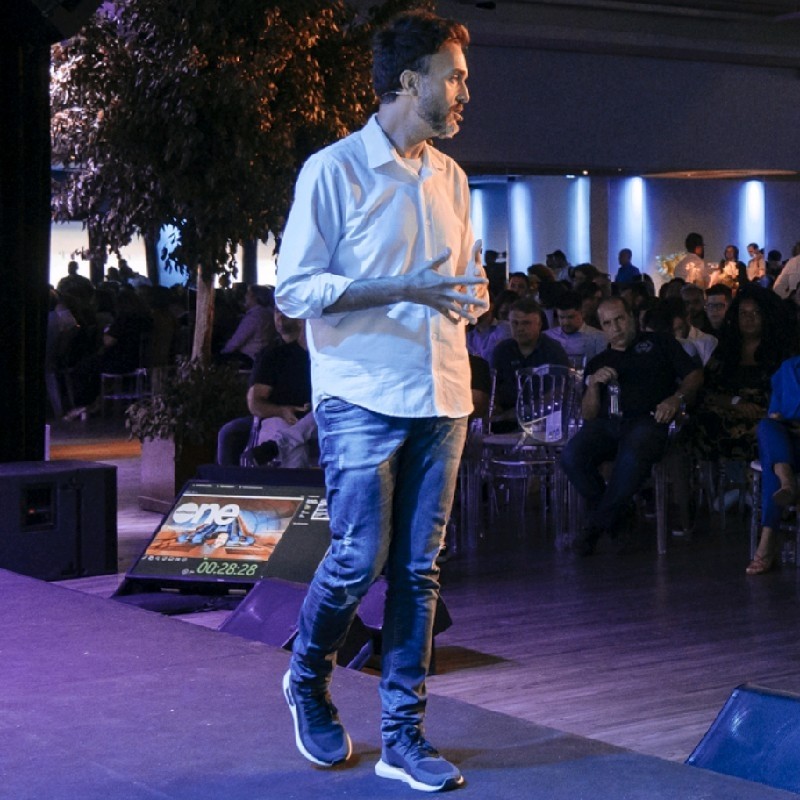 *By Eduardo Prazeres
*By Eduardo Prazeres
A welcoming and empathetic corporate culture that sees collaborators far beyond professional performance, but as complete people, with individualized needs and desires. Until a few years ago, this was a rare scenario in the vast majority of corporations, but it has consolidated itself as a post-pandemic trend: the so-called humanized HR.
Transforming the way organizations deal with employees, the new approach breaks with the traditional view that companies should be concerned only with production and profit, and starts to value the humanization of work relationships, placing people at the center of business transformations.
By adopting humanized HR, companies start to consider not only professional performance, but also the well-being, quality of life and personal development of their employees.
Thus, while people gain a healthy and flexible work environment, which connects to their individual values, companies, in turn, gain greater engagement, lower turnover, and a team that is extremely integrated with its objectives and mission.
The humanized HR journey
In this path of transformation towards humanized HR, the role of leadership it is fundamental, since the word convinces, but it is the example that draws. From legal to commercial, everyone must be involved with the business guidelines for change to happen in practice.
Keeping the doors open, valuing the Communication, reducing hierarchy, in addition to giving and receiving constant feedback are indispensable parts of this process. It is about looking at people individually and placing them as the main actors of success, creating mechanisms so that they can contribute with ideas, suggestions, praise and criticism.
This is because, as in every innovation process, the journey towards a humanized HR also comes up against some challenges, such as low acceptance and fear of the new. However, companies that really want to get this project off the ground need to incorporate two key behaviors: attitude and insight. This means fully understanding what your goals are as an organization, what your culture, values, risks and what humanized HR can provide.
After all, the culture and corporate values need to be constantly updated, adapting to the changes of new generations, the market and time. That is, it is necessary to create credibility and incorporate HR as a real strategic partner of the business and not just a legally obligatory area – and this is a work of convincing, provocation, action and results.
The result
By balancing quality of life with flexible financial benefits that meet the organizational vision, companies are able to increase their results in a virtuous cycle that includes more engagement, greater productivity and performance, greater attraction and retention of talent and reduced turnover – which can reach more than 70%.
And the main thing, given this extremely positive scenario, is the increase in creative capacity, since without stress or overload, and with a balanced personal and professional life, people guarantee mental health and have free thoughts to be more creative, reaching its maximum performance potential.
Thus, from now on, it will be possible to see improvement and innovation in processes, always aligned with business strategies, which will increasingly provide excellence to organizational actions thanks to humanized HR. Therefore, the secret is to deliver the best every day, with a focus on changing behavior so that attitudes increasingly impact business and, above all, people.
*Eduardo Prazeres is a Human Resources executive at SoftwareOne, a leading global provider of end-to-end solutions for software and cloud technology.
Notice: The opinion presented in this article is the responsibility of its author and not of ABES - Brazilian Association of Software Companies













